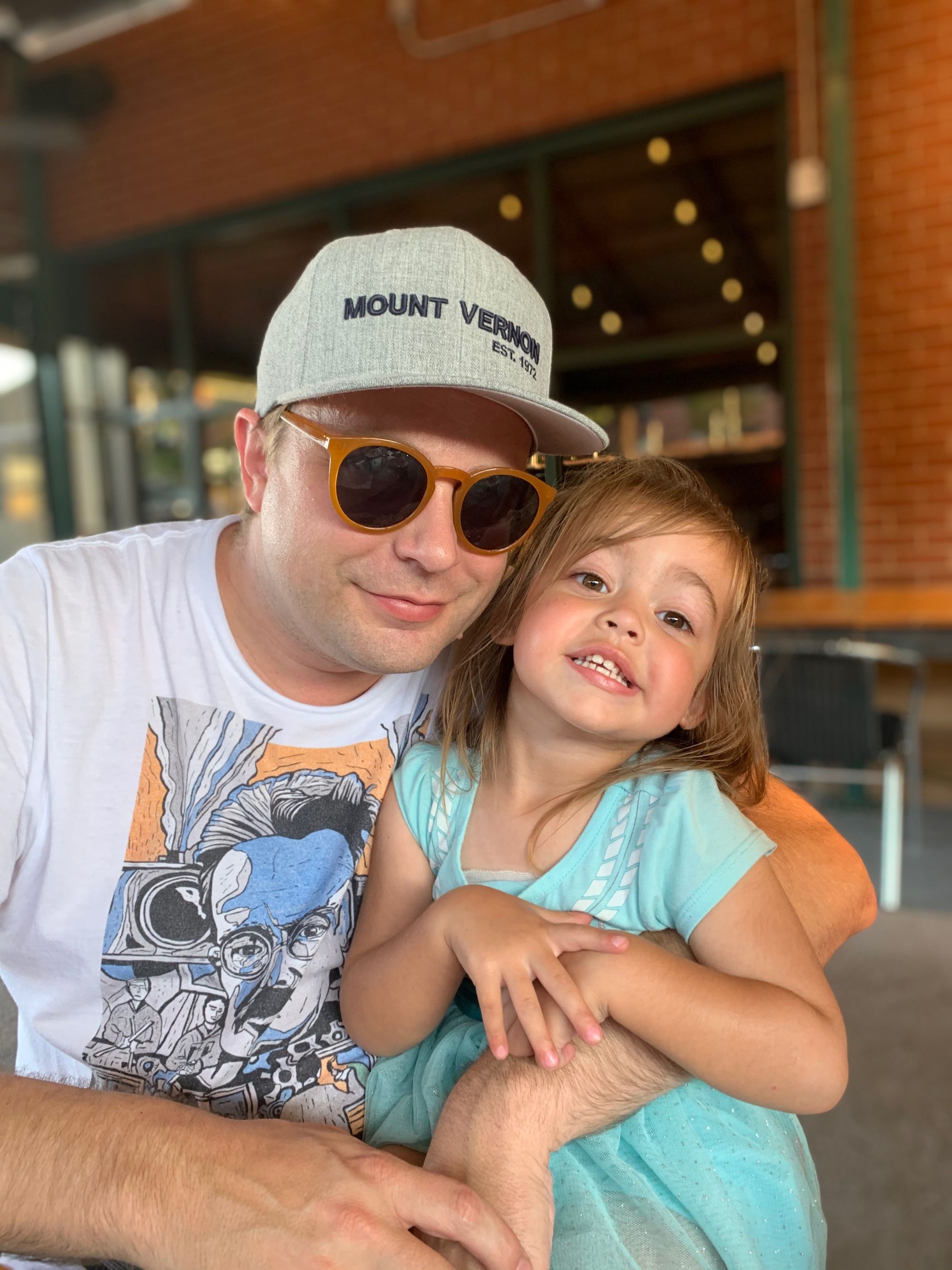I recently posted this piece on the MV Ventures blog. It provoked a nice response, so I thought it was worth sharing (again) here on Rooted. 💡MV Ventures is an R&D consultancy where I serve as a senior
Jared Colley
Husband. Father. Reader. Learner. Record Hoarder. Mischievous Collaborator. Pedagogical Ecologist. Deterritorializing Landscapes of Power. Head of Learning & Innovation at an Independent High School.
AI, What's Your Position, Not Your Policy: A Scenarios-Based Approach to Strategic Foresight in the Age of Structural Uncertainty
Recently, I attended the National Association of Independent Schools Annual Conference in St. Louis. I was excited to go because (1) it was my first time to present at NAIS, something I had been wanting to do for a long
Are the Kids All Right? AI, Nature, and The Case for Making Inquiry More Spiritual
Why are so many kids, despite our best efforts, not all right when it comes to behavioral health and wellness? Is our interdependent connection to nature an example of what we fail to account for when attempting to nurture a
Assessment in the Context of Intelligent Machines: Making Human Thinking Visible (Provocative Questions in the Age of AI, vol. 4)
How do we leverage the human advantage to make human thinking visible in the age of cognitive technologies? The End of High School English? Or, Photography's Not Dead!The question of assessment practices in the context of artificial intelligence is
Competence in the Age of AI, or What If Plato's Real Concern Was A Deep Skepticism About Whether We Can "Work Well With Machines"? (Provocative Questions in the Age of AI, vol. 3)
Instead of asking, what can machines do better than humans? And what can humans do better than machines? What if we asked, what do humans need to learn and do to thrive in an age of intelligent technology? What Remains
Plato Warned Us About Elon, or Signs Mistaken for Wonders in the Age of AI (Provocative Questions in the Age of AI, vol. 2)
How might we teach, model, and develop AI literacy in all learners, so that they do not mistake machinic outputs for wonders? How might we leverage generative AI's wondrous powers to augment student learning and performance? Are these two questions
Plato Would Like To Remind You: Writing Is A Technology, Not A Natural Human Competency (Provocative Questions in the Age of AI, vol. 1)
Are we succeeding when it comes to convincing kids of the value of human-generated writing? What happens when we reframe the conversation by acknowledging that writing is technology? Techne, Episteme, & Plato:As a former English teacher, this post feels
Deadlines, Grades, and Competencies: Why Deadlines Don't Always Prepare and Sometimes Impair
Have you ever been given a deadline for a task for which you were not qualified to complete? Perhaps you thought you were capable, at first, only to discover later that you were not equipped to succeed or see it
The Death of the Author, Again: Chat GPT, Writing, & the Promising Opportunities
Co-authored by Jared Colley + ChatGPT Anthony Brandt and David Eagleman in their book, Runaway Species: How Human Creativity Remakes the World, offer a three part framework for understanding how novel things are created. Using the three cognitive maneuvers – Breaking, Blending,
Deep Belief, Shallow Mindsets, and Surface Behavior – An Instructional Coach Ponders the Usefulness of Talking about Mindsets
It’s afternoon, the end of the school day, and faculty are getting ready for a weekly workshop while students scurry out the building. The session that day focused on un-grading—specifically as it relates to formative assessments for learning.
What Can Human-Focused Design Teach Us About Feedback
How might we provide feedback that is powerful, purposeful, and motivating as opposed to feedback that demotivates or disempowers the student because it lacks purpose or clarity?Motivation is to learning as oxygen is to breathing.Not too long ago,
Hybrid Classrooms, Part One: Preliminary Sketches for a More Humane Solution
The value of a brick-and-mortar school rests, not in the mechanisms of control it has at its disposal, but in the unpredictable and ever-unfolding community a social space makes possible.
